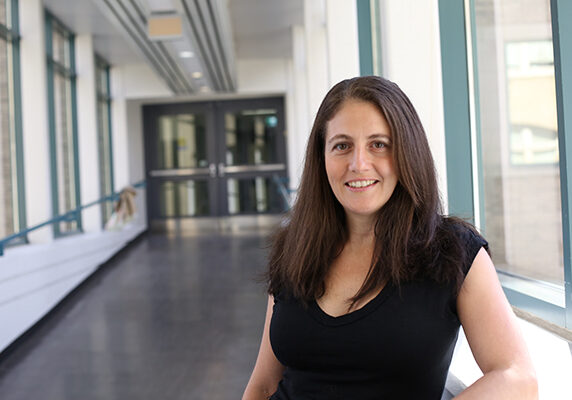
Expert in microfabrication and disease modelling awarded Connaught Fund McLean Award
Alison McGuigan (ChemE) receives $125,000 prize for her work that aims to create better mechanisms for predicting how well promising drugs will work in patients
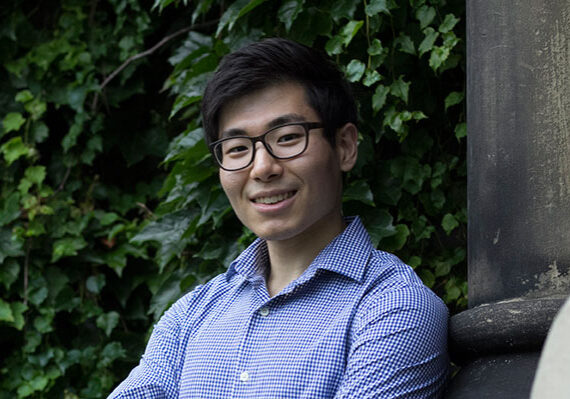
Addressing unique patient needs with technology: U of T offers engineering training to medical students
Master of Engineering program gives MD students advanced tools to understand the design of medical technologies

Google Glass app helps autistic children with social interactions
IBBME Azadeh Kushki and her team designed social-skills coach to help children with autism spectrum disorder (ASD)
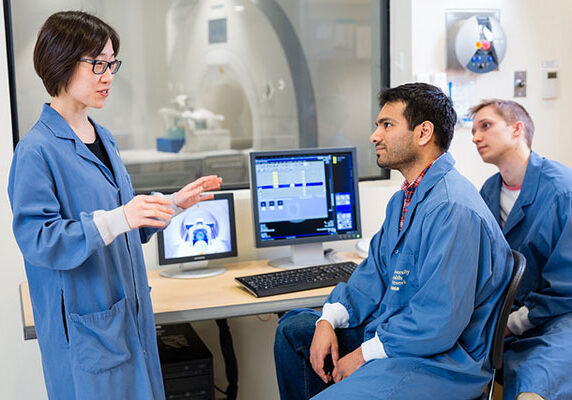
New course on advanced MRI techniques will teach students new ways to detect disease at earlier stages
Professor Hai-Ling Margaret Cheng’s graduate course will cover some of the latest in magnetic resonance imaging techniques, offering new solutions for human health challenges
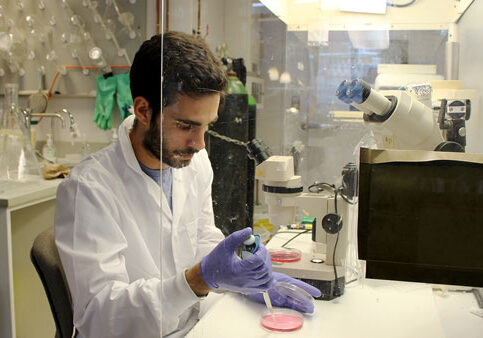
The best place to treat type 1 diabetes might be just under your skin
Implantation technique could restore the ability of patients to produce their own insulin
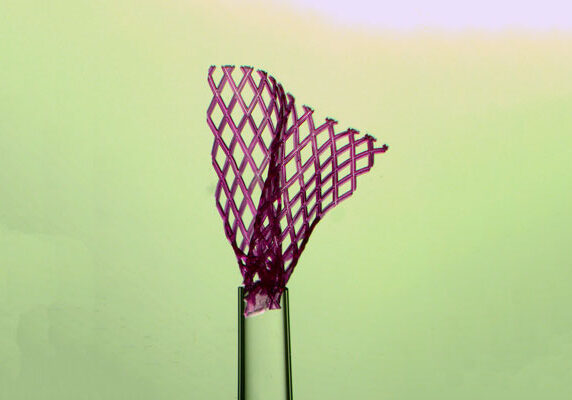
Injectable tissue patch could help repair damaged organs
New bicompatible scaffold developed by U of T Engineering researchers could be delivered through minimally invasive surgery
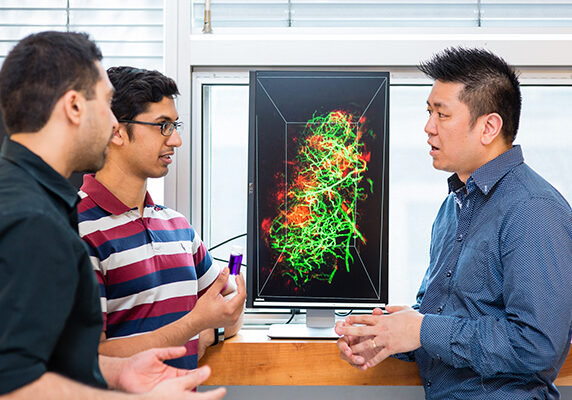
Targeting tumours: IBBME researchers investigate biological barriers to nanomedicine delivery
PhD candidates Abdullah Syed and Shrey Sindhwani developed technologies to look at nanoparticle distribution in 3D, providing fuller picture of how particles interact with tumour’s biology
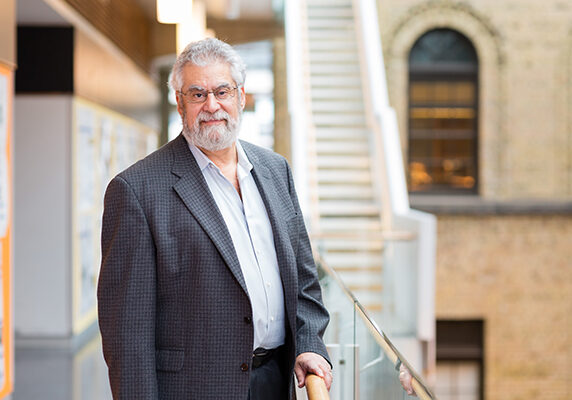
Tissue engineering pioneer Michael Sefton to lead Medicine by Design as executive director
The multidisciplinary University of Toronto initiative is accelerating discoveries in regenerative medicine research to improve treatments for conditions such as heart failure, diabetes and stroke
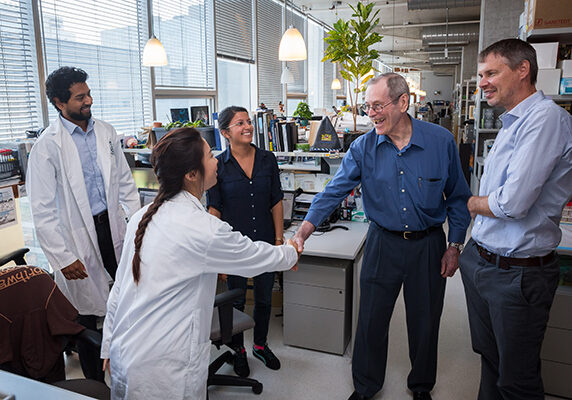
U of T Engineering research paves way for an off-the-shelf supply of cells for immunotherapy
Two new papers led by U of T Engineering grad students could lead to new cell therapies for boosting patients’ immune systems against disease, and for cancer immunotherapy, in which immune cells can be engineered to attack tumours

